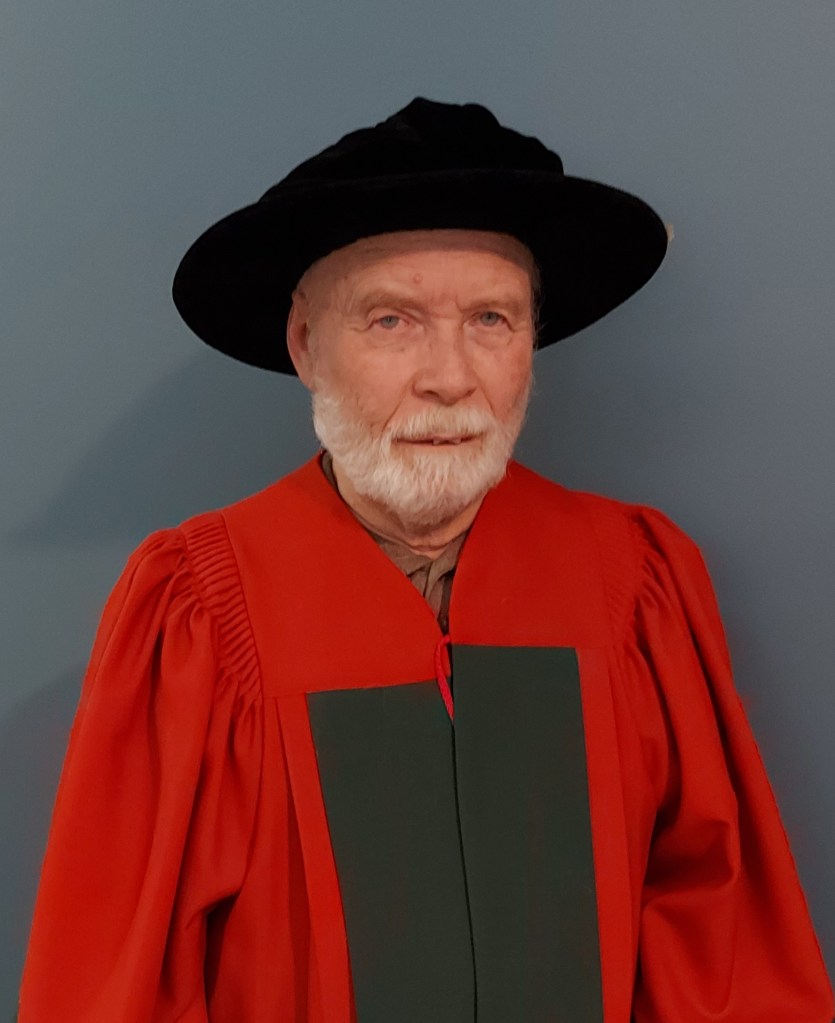Have you heard the a phrase about “the past coming back to haunt you?” From what I gather the meaning of that has to do with something in your past popping up again and bothering you to the extent it effects your daily life. Not a pleasant thought, and certainly not pleasant when it happens.
I had that happen to me this past week. I’m even struggling to write this post, although I believe it will be helpful to others—and to myself.
About eight years ago I served on a jury. The trial had to do with a man who raped a young girl and was also charged with other crimes of a sexual nature. Listening to the testimony was horrific. I couldn’t eat breakfast on the trial days because my stomach was in knots. Although I prayed for all involved throughout the weeks of the trial, I didn’t feel the deep peace of God, perhaps because the content was so disturbing.
Eight years and I thought that was behind me. Then I received a jury summons. At first, I wasn’t bothered. Not all trials are of that nature. But as the day drew closer I found myself struggling to do my work. My thoughts wouldn’t coalesce and my emotions were scattered. At odd times, that previous trial and the memories of it would run through my mind.
I’ve pondered this scripture verse from Philippians chapter 4: “Finally, brothers, whatever is true, whatever is honorable, whatever is just, whatever is pure, whatever is lovely, whatever is commendable, if there is any excellence, if there is anything worthy of praise, think about these things.” (verse 8)
What happens when you are in a situation where you can’t think on the pure or lovely or praiseworthy things? When instead, you are forced to consider the despicable, the vile things of life? When life batters you with thoughts you don’t want to consider but must?
In that same chapter of Philippians, verse 4 says: “Rejoice in the Lord always; again I will say, rejoice.”
How do you rejoice in the midst of conflict or horrible images and testimony? Well, that verse doesn’t say rejoice because you feel like rejoicing. Paul is talking in this passage to two women who are at odds in the church. He’s saying to rejoice because of Who God is. We can rejoice in any situation because we belong to Him and He knows our needs and our every situation. Rejoice in the God of our salvation.
Paul goes on to say, “do not be anxious about anything, but in everything by prayer and supplication with thanksgiving let your requests be made known to God.”
We are first to rejoice in God and then to talk to Him. He wants to hear about our conflicts and troubles as much as He wants to hear our praises. He knows the ugly world we live in and He understands our needs. Pray. Be honest with God because He knows our hearts intimately.
I wasn’t called for jury duty this time, but recalling that previous trial brought out some negative thoughts and feelings I hadn’t realized were still there. I am rejoicing that God brought this to my attention and praying for peace of mind. I also prayed for those involved in the trial—both the victims and those responsible.
God is sufficient for all my needs. And the other verse in that passage comes true when we do the aforementioned. Philippians 4:7 says, “And the peace of God, which surpasses all understanding, will guard your hearts and your minds in Christ Jesus.”
Only God is able to give us peace in such times of trouble. I pray if you have faced difficult circumstances that you can also Rejoice, Pray, and find Peace.














































































